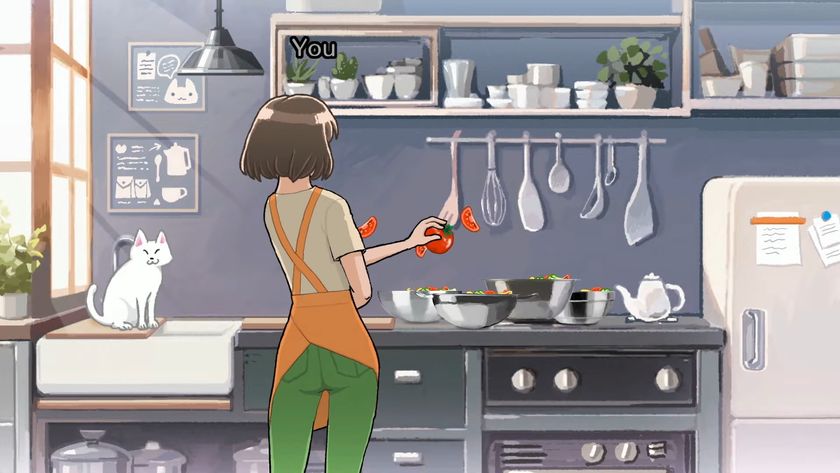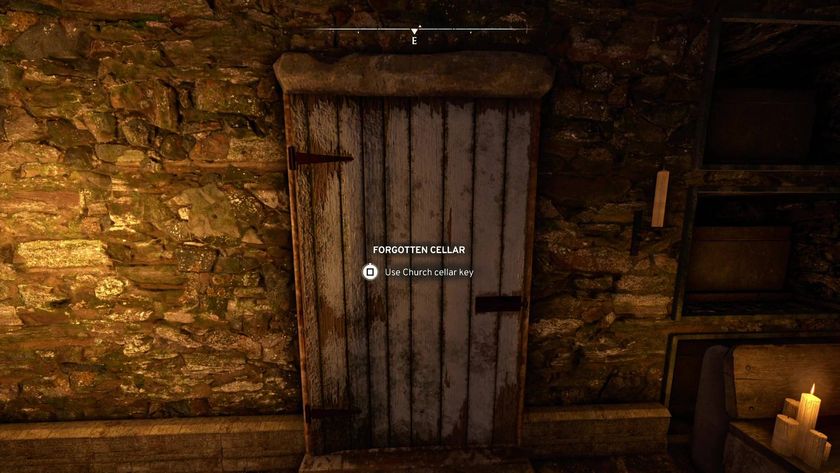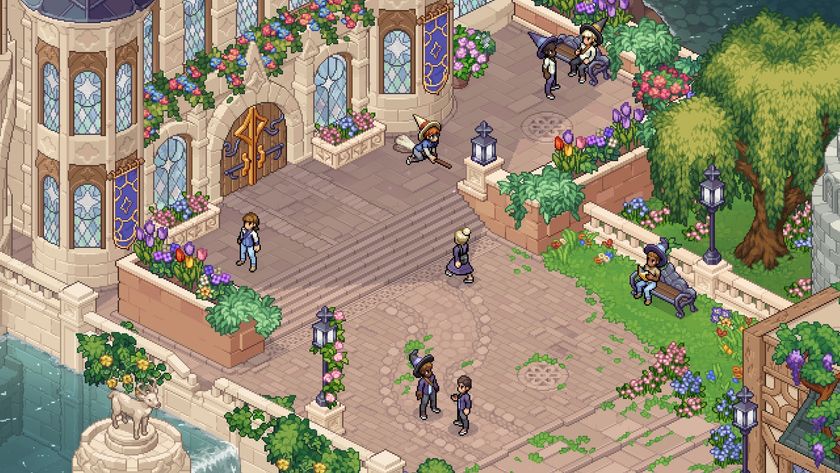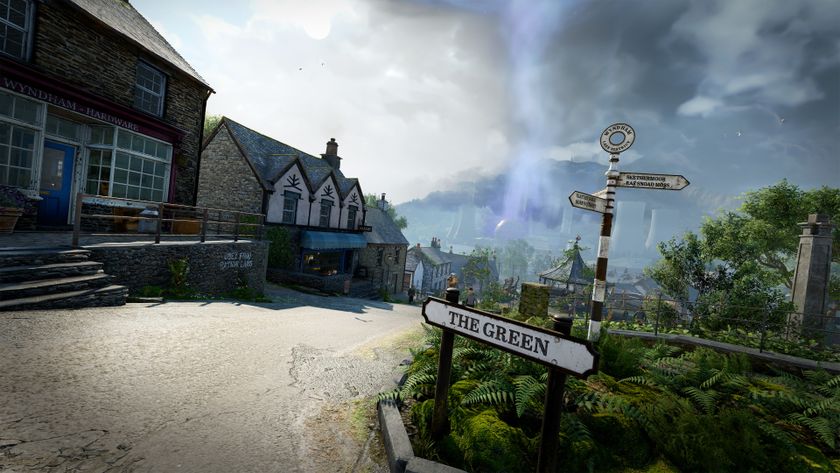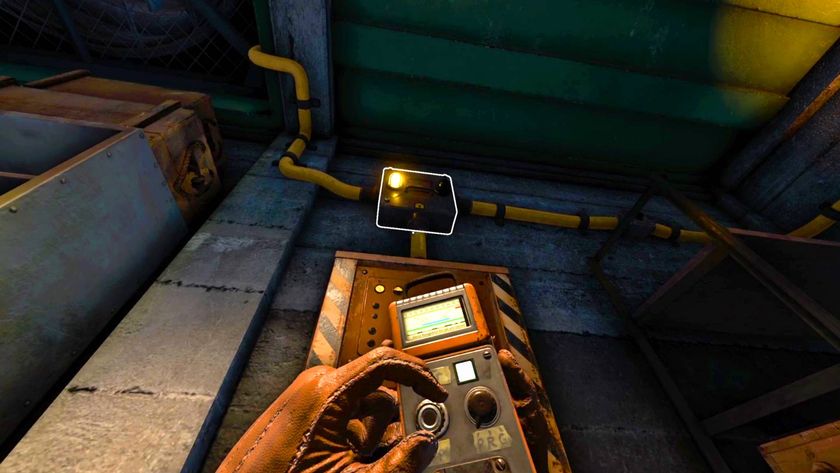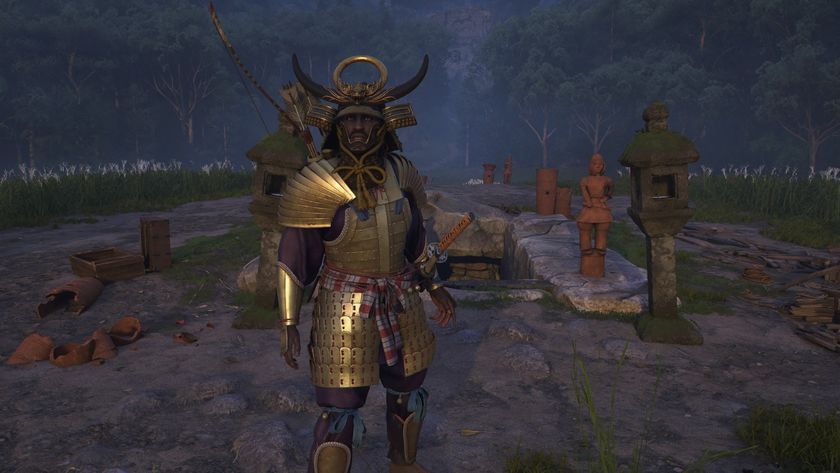10 co-op games that actually require cooperation
Being a team player has its benefits
Defense of the Ancients
Above: Everything you need to know
DotA started as a custom scenario for Warcraft III, and while it still isn't technically its own game, for all intents and purposes it is – its popularity and appeal have vaulted it into its own realm. Valve is even working on a sequel, Dota 2, set to release late this year.
Left 4 Dead
Left 4 Dead doesn’t just reward you for good teamwork, it also punishes you and your fellow survivors for not cooperating. Stray too far from your team and try to take on the zombie apocalypse by yourself - and you’re liable to get pounced, smoked, charged, barfed or spit on, or just plain torn to shreds. Bad things happen in Left 4 Dead when you don’t work together and the constant threat of death – is what makes Left 4 Dead’s race to the safe house and last stands so intense.
Above: The best laid plans...
The same level of coordination is also required when playing as the infected in versus matches. Strikes on survivors need to happen at the right time and in the right spots. If an infected team of four lacks constant communication with headsets and mics, it’s hard to react to the survivors properly and all too easy to get blasted to bits.
Bubble Bobble
The genius of Bubble Bobble's co-op is in its subtlety – you don't have to work together, and there's nothing overt in the game that indicates potentially advantageous strategies for working together, but once you get to some of the tougher levels, Bubble Bobble becomes a litmus test for how strong your friendship really is. Not only will you find that levels become easier when you lend each other a hand, but there are so many goodies and power-ups scattered throughout each level that learning to share nicely is absolutely essential if you value your friendship. Woe is the dino who takes the shoe whilst already enjoying the power of the shoe when his friend has none.

Sign up to the GamesRadar+ Newsletter
Weekly digests, tales from the communities you love, and more
The necessity for cooperation in Bubble Bobble is clearest in its final boss battle against Super Drunk. If Bub and Bob go to their respective corners and shoot bubbles at the wall trying to get as many hits in on Drunk individually, the battle is nearly impossible and both dinos will die from being pelted with alcohol bottles. But when you pair up and take turns creating a bubble stream for each other, you'll be surprised at how quickly the big alcoholic goes down, even with his 80 HP. It's like the difference between two people trying to scale a too-tall wall individually versus one making a foothold for the other and then pulling him up.
Gears of War
Gears of War made massive changes in the world of co-op, not the least of which was building much of the campaign around the concept. Where other games made single system co-op fun, the first Gears with its impressive drop-in/drop-out online co-op actually made solo play seem lacking in comparison. Major setpieces were built around characters working together, such as one projecting a protective spotlight as their friend explore dangerous ground, or pushing a flaming vehicle side-by-side for cover. It made the camaraderie between giant meatbags Marcus and Dom feel pretty believable despite their unbelievable circumstances.

Gears of War 2 was another colossal shift in co-op gaming with the introduction of Horde. The mode teamed up to five players at once against a steady stream of increasingly tough AI enemies on maps designed specifically for Horde. Teamwork was very necessary, but personal achievement was awarded as well. The competitive cooperation challenged the classic multiplayer modes in addictiveness and was the biggest selling point of the sequel. Soon Horde became so popular that similar modes were a prerequisite for almost every shooter that followed it.
Portal 2

Four portals instead of two. That’s technically all Valve had to add for Portal 2 to feature a “cooperative testing initiative” mode, but such a simple description cannot do any modicum of justice to how much the gameplay transforms as a result. With four portals, you and your puzzling partner can accomplish astonishing, death-defying feats of physics that a single player would never even consider.
Suddenly you can build up twice as much velocity, launching yourself twice as much distance. Suddenly you can stretch light bridges and excursion funnels to previously unimaginable corners of the test chambers. Suddenly you can combine and coordinate Aperture technologies to push a button while still standing on a pressure switch, or catch a flying companion cube in midair while directing that cube’s flight from across the room.
None of this is remotely possible without constant cooperation and clear communication between players – not only because the puzzles are complex enough to require four portals, but also because they are difficult enough to require two brains, testing theories and sharing ideas every step of the way.
This is merely a cross section of our favorite types of co-op that actually require cooperation- let us know what your favoriteco-op games are in the comments below.
May 31, 2011


Portal 2 co-op video walkthrough
Our Portal 2 co-op video guide will help you and your frustrated friend from killing each other!

The Top 7... games that should've had co-op
Because playing with yourself is only fun for so long

How to be a d*ck in co-op
The definitive guide to being a cooperative online asshole



